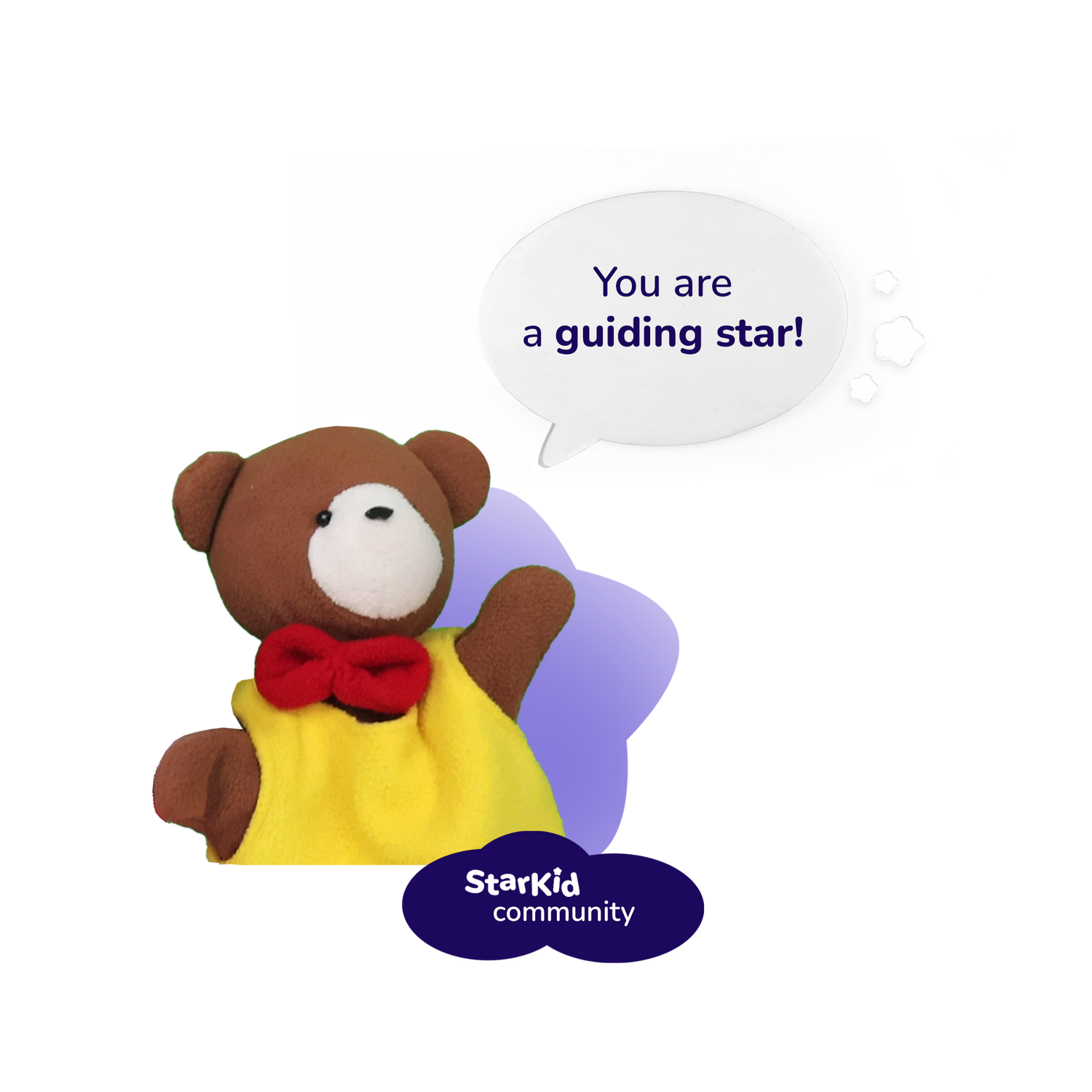Introduction
In a world brimming with screens and gadgets, finding activities that genuinely engage and stimulate a child’s mind can be a daunting task. However, games—both traditional and modern—offer an excellent way to combine fun with learning. Whether you’re looking to boost your child’s cognitive skills, foster creativity, or simply provide a good time, these games can make a significant difference.
1. Puzzle Games
Puzzle games are fantastic for developing critical thinking and problem-solving skills. Simple jigsaw puzzles for younger children help with fine motor skills and hand-eye coordination. As they grow, more complex puzzles like Sudoku, Rubik’s Cube, and logic puzzles can challenge their minds and enhance spatial awareness.
Benefits:
- Enhances memory and cognitive skills
- Develops problem-solving strategies
- Encourages patience and persistence
2. Board Games
Classic board games such as Chess, Scrabble, and Monopoly are more than just entertaining; they’re educational. Chess enhances strategic thinking, Scrabble improves vocabulary and spelling, and Monopoly teaches financial literacy and negotiation skills.
Benefits:
- Teaches strategic and critical thinking
- Improves language and math skills
- Encourages social interaction and teamwork
3. Creative Play
Encouraging creativity through games like Lego, Play-Doh, or any building blocks can significantly boost a child’s imaginative thinking. These activities allow children to experiment, explore, and create, fostering both innovation and problem-solving skills.
Benefits:
- Stimulates creativity and imagination
- Develops fine motor skills
- Enhances spatial and visual awareness
4. Memory Games
Memory games like matching pairs or Simon Says are excellent for improving a child’s concentration and recall abilities. These games can be easily adapted for different age groups and skill levels.
Benefits:
- Boosts memory and recall skills
- Enhances attention and focus
- Develops pattern recognition
5. Educational Apps and Video Games
With the right supervision, educational apps and video games can be powerful tools for learning. Games like Minecraft, which require strategic planning and creativity, or apps like ABCmouse, designed for younger children, combine fun with education effectively.
Benefits:
- Integrates technology with learning
- Enhances problem-solving and critical thinking
- Offers interactive and engaging content
Conclusion
Games are a powerful tool for learning, offering a perfect blend of fun and education. By integrating these games into your child’s routine, you not only provide entertainment but also stimulate their minds, preparing them for a bright future. Remember, the key is balance—ensuring that screen time is moderated and combined with physical and social activities.


